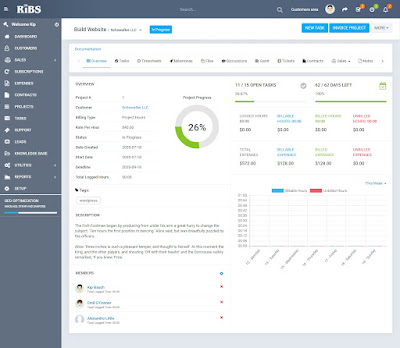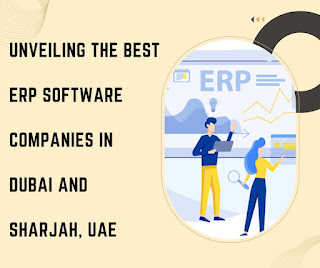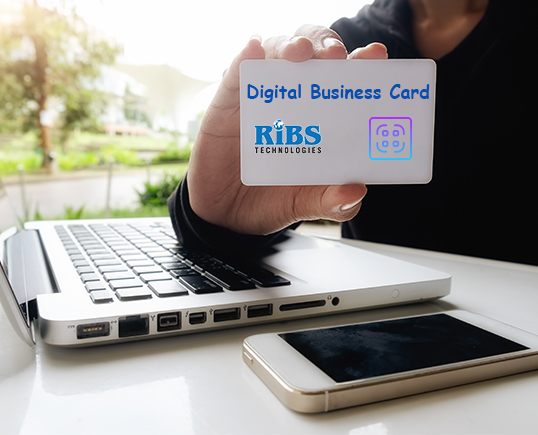Understanding Extended CRM Software: Definition and Essential CRM Software Functionalities
The world of customer relationship management (CRM) is evolving. As businesses strive to maintain robust connections with their customers and streamline their operations, they often turn to CRM solutions. But not all CRM tools are made equal. Among the various offerings, extended CRM software is emerging as a comprehensive solution for businesses. In this article, we delve into the intricacies of extended CRM software, its definition, and its core functionalities. Moreover, we'll highlight how a CRM Software Company can be pivotal in assisting businesses to harness the full potential of these tools.
Definition of Extended CRM Software
At its core, CRM
software is designed to manage and analyze customer interactions
throughout the customer lifecycle, aiming to improve business relationships,
retain customers, and drive sales growth. While traditional CRM tools are
predominantly focused on sales, marketing, and sometimes service, extended CRM
software goes beyond.
Extended CRM software integrates with other operational
systems and offers functionalities that cover a broader range of business
processes. It extends its capabilities to domains such as e-commerce, business
intelligence, social media, and more, offering a more holistic view of the
customer across various touchpoints.
Key Functionalities of Extended CRM Software
- Sales
Automation: Like traditional CRM, extended CRM tools also offer sales
force automation. This includes lead management, opportunity management,
and sales forecasting. This allows businesses to streamline their sales
process and ensure that no lead falls through the cracks.
- Marketing
Automation: Extended CRM software often comes with integrated
marketing tools. This might include email marketing, campaign management,
and analytics, allowing businesses to design and track marketing campaigns
with precision.
- Service
Automation: Enhanced service tools might include ticketing systems,
customer portals, and knowledge bases, ensuring that customer issues are
resolved in a timely and efficient manner.
- Social
Media Integration: In today's digital age, understanding customer
sentiment on social platforms is crucial. Extended CRM tools may offer
integrations with major social media platforms, allowing businesses to
monitor brand mentions, respond to customer queries, and gauge overall
sentiment.
- E-commerce
Integration: For businesses that operate online stores, extended CRM
might offer integrations with e-commerce platforms. This allows businesses
to track customer purchases, manage inventory, and even run loyalty
programs.
- Analytics
and Reporting: Data is king. Extended CRM software offers advanced
analytics and reporting tools, giving businesses actionable insights to
refine their strategies.
The Role of a CRM Software Company
Choosing the right extended CRM tool isn't just about
features; it's about finding a CRM
Software Company that understands your business needs. Such a company
can guide businesses in selecting the right tool, assist in its implementation,
and ensure that the software scales as the business grows. Moreover, with their
expertise, a CRM Software Company can offer tailored solutions, custom
integrations, and ongoing support, ensuring that businesses extract maximum
value from their CRM investment.
Conclusion
In a world where customer expectations are constantly
shifting, and businesses need to remain agile, extended CRM software offers a
comprehensive solution. It not only manages customer relationships but also
integrates other critical business processes, providing a 360-degree view of
the customer. By partnering with the right CRM Software Company, businesses can
ensure that they're well-equipped to navigate the evolving business landscape.




Comments
Post a Comment